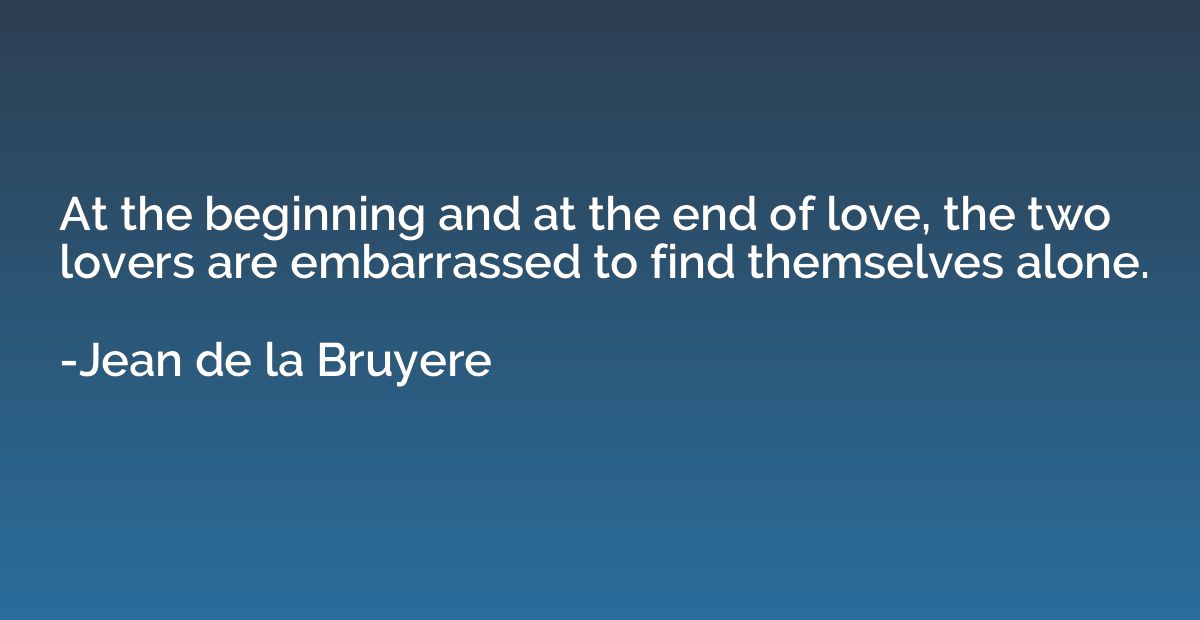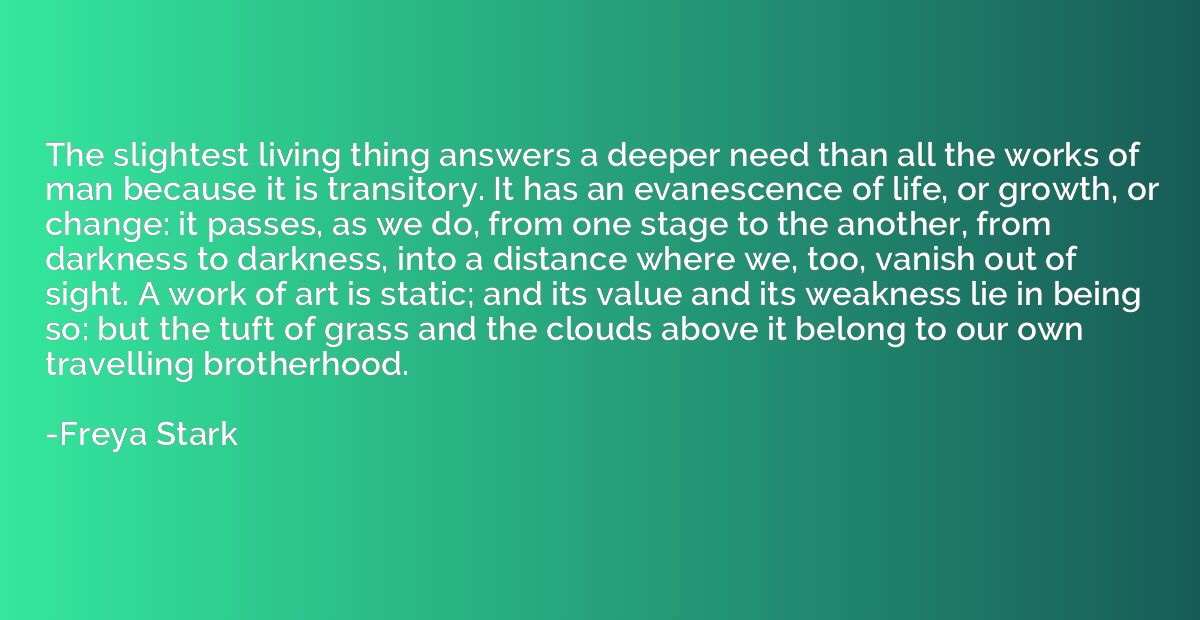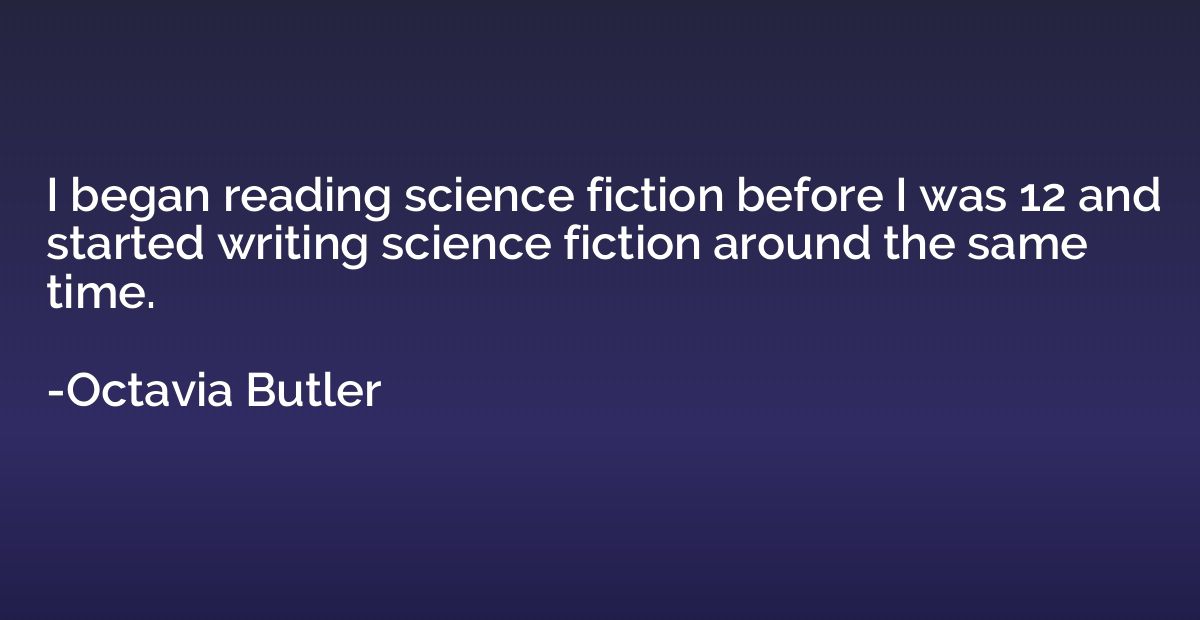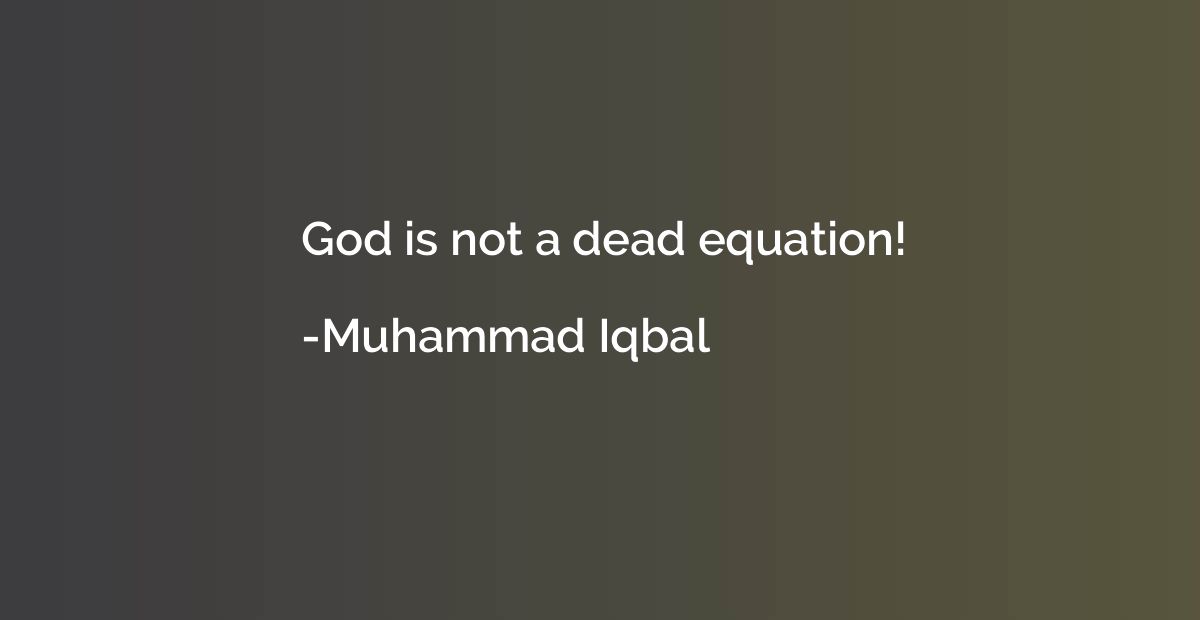Summary
This quote sarcastically suggests that irreligion, or the lack of belief in a higher power, is a prominent and significant "faith" in the world. It highlights the irony that while religion is often considered a fundamental aspect of human existence, the concept of irreligion has a prevalent presence as well. The brief explanation challenges the assumption that belief in a higher power is a prerequisite for having a guiding set of principles, implying that one can find purpose and morality without adhering to religious teachings.















